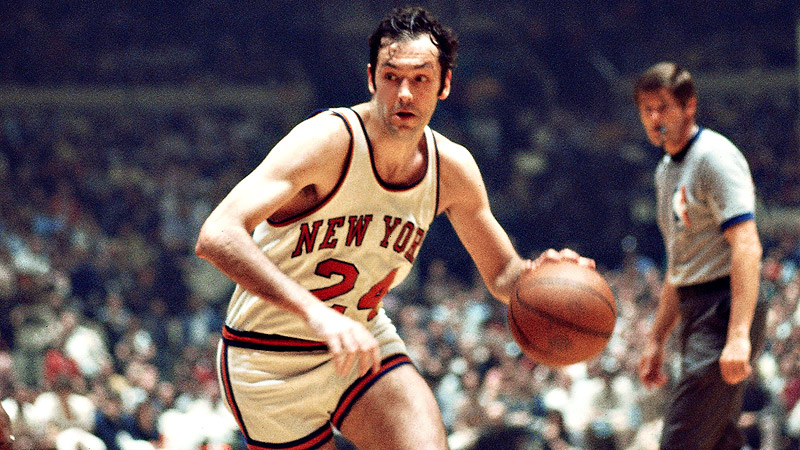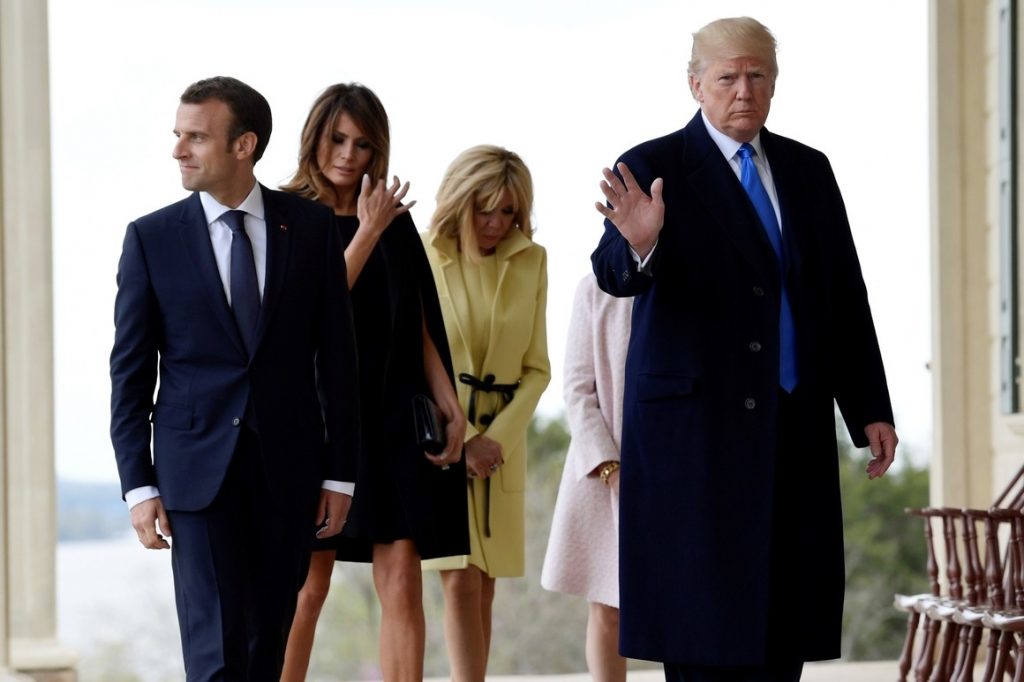I have always thought that Bill Bradley, the one-time United States senator from New Jersey, could have been a great president. Basketball fans of a certain age will remember Bradley as a standout star at Princeton, a place known more for quantum physics than baseline jump shots. Bradley, an All-American, postponed his professional career in order to attend Oxford as a Rhodes scholar, then played 10 seasons in the NBA — the Knicks retired his number — and was then elected to the Basketball Hall of Fame.
In his famous 1965 New Yorker article on Bradley titled “A Sense of Where You Are,” the writer John McPhee quoted Bradley’s high school principal as saying, “With the help of his friends, Bill could very well be president of the United States. And without the help of his friends he might make it anyway.”

My wife also liked the idea of Bradley as president, but was more realistic. “He’s too smart to be president,” she said, and she was right.
I’ve been thinking about the three-term senator recently, while reflecting on the intense interest in the young, smart and amazingly well-spoken mayor of South Bend, Ind., Pete Buttigieg. The 37-year old Navy veteran of Afghanistan is the openly gay mayor of an old rust belt town and improbably he has vaulted from nowhere to the top tier of Democratic presidential aspirants. His cable news appearances have left the most jaded political observers impressed. Buttigieg easily offers insights from what is clearly a close study of history. One of his favorite books is the Graham Greene classic, “The Quiet American,” a novel that explores the perils of political hubris.
Buttigieg speaks several languages, including Maltese, and reportedly taught himself to read Norwegian so he could read a favorite author in that language. By contrast, I can think of one candidate for president who couldn’t spell lutefisk, let alone describe it.
But, like Bill Bradley, I suspect Mayor Pete may be too smart to be president. The current occupant of the White House has so devalued competence and intellect that it may be difficult for many voters to conceive of a real brain in control of the nuclear codes. As for drawing on history to inform current policy, well, what a quaint notion that is. Harry Truman used to check out stacks of books from the Library of Congress. The current occupant gets all he needs to know from Fox News and his Twitter feed.
The president of the United States who actually suggested that aerial tankers be used to fight the tragic fire at Notre Dame in Paris is an artifact of a country where education, particularly education about history, has been so diminished that Donald Trump could actually say a while back that Abraham Lincoln was a “great president. Most people don’t even know that he’s a Republican, right? Does anyone know? A lot of people don’t know that.”
For more than a generation, conservatives, while systematically diminishing public education and bemoaning “elitism” in higher education, have led an assault on expertise and embraced a corrupted notion of history. Charlatans of pseudo history, such as Bill O’Reilly and Dinesh D’Souza — one fired for harassing behavior of co-workers, the other jailed for making illegal campaign contributions — have created a lucrative right-wing “history” industry that may be impressive propaganda, but couldn’t withstand the vetting a typical seventh-grade research paper endures.

During a recent visit to Mount Vernon, the home of the first American president, Trump suggested that George Washington had erred by not doing a better branding job with the estate along the Potomac. Should we remind him that the nation’s capital is named for, oh well, never mind.
One White House aide, accentuating the obvious, pointed out that Trump’s lack of historical knowledge, not to mention basic interest in history, isn’t a big problem because most of his supporters simply don’t care. “If anything,” one handler pointed out, “they enjoy the fact that the liberal snobs are upset” that Trump doesn’t know history.
We’ve all seen the research showing how historical literacy has been diminished. Lots of young people can’t place the American Civil War in the right time period. Many don’t know that we fought with the Russians in World War II and faced them down in the Cold War. Vietnam, the Civil Rights movement and Watergate seem as relevant to many as stories of the ancient Greeks.
And you might well ask why you should care if a national leader doesn’t have a working knowledge of Lincoln or can’t grasp the significant of the NATO alliance?
Award-winning Princeton historian Kevin Kruse provides an answer.
“History offers lessons,” he says, “in what was tried before and what was not, and what worked before and what did not.” Moreover, Kruse says, “The study of history imparts critical skills in assessing evidence, weighing the differences when contradictions arise, forming a coherent narrative and drawing conclusions from it.”
We are fated to live in perilous times. Democracy is in retreat across the globe. Basic truth is under assault. Institutions at every level — the courts, the press, the Catholic church, among others — are diminished and in decline. And in such an environment, the Woodrow Wilson National Fellowship Foundation reported recently that a majority of Americans in every state except Vermont would fail a test based on questions in the U.S. citizenship test. In Idaho only 41 percent of those surveyed could pass.
If we can’t bring ourselves to embrace the smart leaders and the dim bulbs remain content to distract us with empty slogans and shiny diversions, then we’re on our own. The fundamental test of our times involves being smart enough to know enough to think for ourselves. It starts with grappling with our history.
